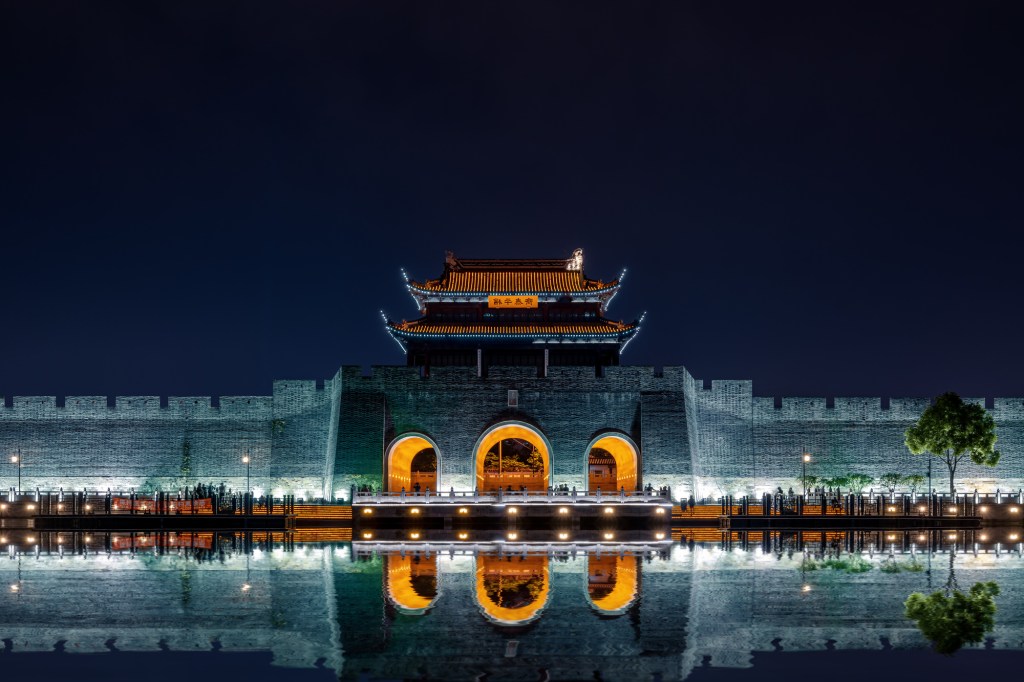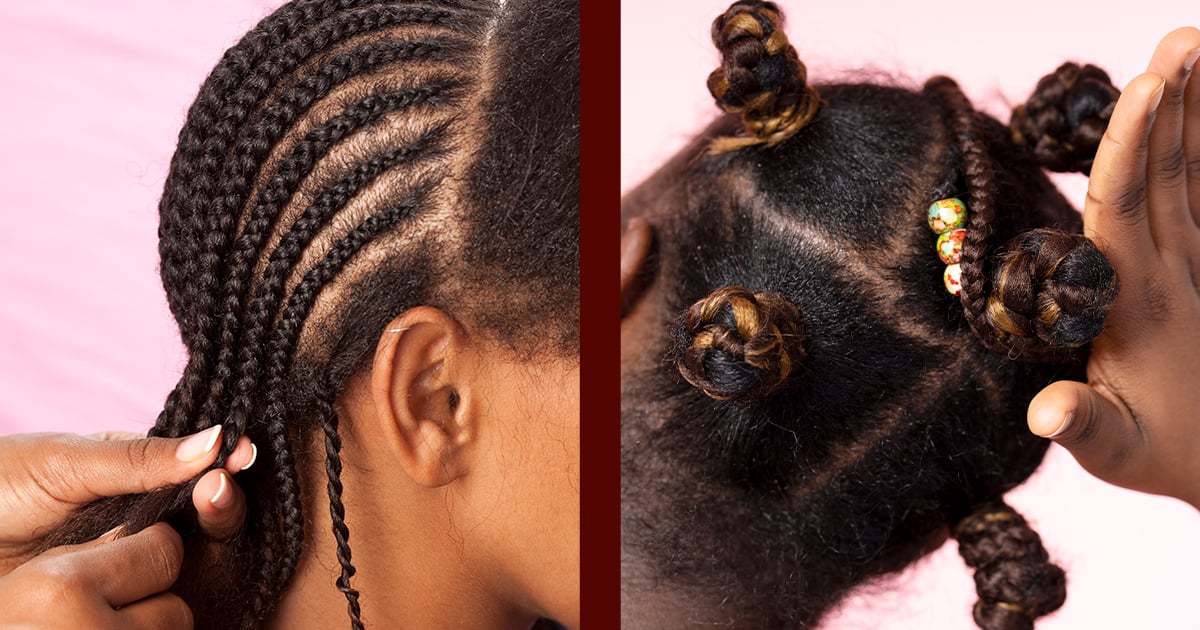PARIS — Ami is the kind of brand you can wear from dawn to dusk, and that’s what it’s going for with the restaging of its men’s and women’s fall 2024 collection on April 10 in Suzhou, China.
After going about their business at the break of day during Paris Men’s Fashion Week in January, Alexandre Mattiussi’s urbane characters will parade at sundown at the Xiangmen Ancient Wall in a city famous for its canals and UNESCO World Cultural Heritage gardens.
Located 100 kilometers east of Shanghai, it is best known for its canals and Chinese gardens and was once an enclave for the 1 percent of the Ming and Qing dynasties. Its handcrafts are also particularly reputed, in particular for embroideries and fans.
This will be the second time Ami chooses China for a repeat show, after staging its spring 2020 show during Shanghai Fashion Week in October 2019, and will further its presence in Suzhou, where it opened its 18th China-based store last November.
The 3,500-square-foot unit carrying menswear, womenswear and accessories is located at 1 Cangjie, an upscale retail street in the Guanqian commercial district realized by real estate developer Yanlord Group.
For Mattiussi, it’s an opportunity to give a second read to his fall collection, the season he most enjoys designing. “I like this mini-flashback where you have the opportunity to look back at the winter to give a second interpretation,” he said.
“Being in Paris, we always have the impression that clients know us well,” chief executive Nicolas Santi-Weil told WWD. “But until you’ve gone to see them, meet them and offer a more intimate, singular experience, nothing much happens.”
This repeat show is not just an opportunistic way to burnish the relationship with its largest market, which accounts for around 30 percent of the brand’s business, according to the CEO.
He credits Ami’s results in the region to “a deep conviction that had an economic and financial impact” and saw the brand jump early into the Greater China market, even before Sequoia Capital China took a majority stake in the business in 2021.
“When we started visiting [the region] in late 2017, we went to cities other than Beijing, Shanghai and Hong Kong to see what it was really like, how people dressed and what they wanted in terms of culture and creation,” the executive continued. “We don’t have the means of large luxury groups, but we like to shoulder risk early on.”
Ami opened its first store in Hong Kong in 2015, in Beijing in 2018 and is now present in 11 cities, Suzhou included.
That said, the country’s XXL size — and the impact it can have should things get shaky — make keeping a balance between markets all the more important to Ami’s continued success, said Santi-Weil.

Its home turf, France, is its second-largest market to date, between 13 to 15 percent. In Europe, good performances also come from Italy, Germany and the U.K., where a second London store in Soho “achieved in three months what took four or five years at the Mayfair boutique.”
The U.S., where it has stores in New York City, Los Angeles and Miami, makes up between 10 and 12 percent of the business. Another location that’s performing well is Bangkok, where the brand opened with a partner, according to the executive.
Although the company did not yet have the final figures for 2023, with its fiscal year ending Feb. 29, Santi-Weil said growth had globally topped the 30 percent target set out for the year and that China was on par with the rest of the world, despite challenges during the first quarter.
That means the French label will pass the 300-million-euro bar in sales, based on its 2022 figure of 230 million euros. “It’s been a rather exceptional year, given the global economic context,” said the CEO.
And that’s on top of a four-year stretch that saw the brand multiply its turnover by 10. The company doesn’t share information on profitability. Santi-Weil said the double-digit figure was “sufficiently positive to continue investing and recruiting” without relying on injections from shareholders, which now include London-based venture capital firm Felix Capital.
Ami’s headcount tops 600, with 230 employees in its 30,000-square-foot headquarters in central Paris. It even has five in-house architects.
Overall, Santi-Weil paints a picture of an environment of opportunities, particularly when it comes to retail, although he remains cautiously optimistic.
It has grown to 35 percent of the business, while wholesale, which accounted for 49 percent of the business in 2022, has shrunk to around 45 percent. The rest can be chalked up to e-commerce, including its website, which the company plans to bring back in-house and decrease the reliance on external pure players.
The brand will be stepping up its retail efforts with a target of 70 stores by the end of the year, up from the 64 open to date. The next openings will be spread between Asia, Europe and North America.
And there is one opening that’s already caused buzz: the upcoming Ami flagship in Paris. Due to open later this year on Rue de Turenne in the Marais, it will span 6,565 square feet and will be the brand’s biggest yet.
Not only will this afford them the space to unfurl the brand’s full offer, spanning women’s, men’s and accessories, but there’s room for more.
Eyewear is already launching, developed with a French partner and seen on the spring 2024 runway.
“It’s the story of a lifetime, so it’s a work in progress,” said Mattiussi. “Without rushing, we’ll build day-after-day a brand that you can trust and I think we have proved that we keep our promises.”



